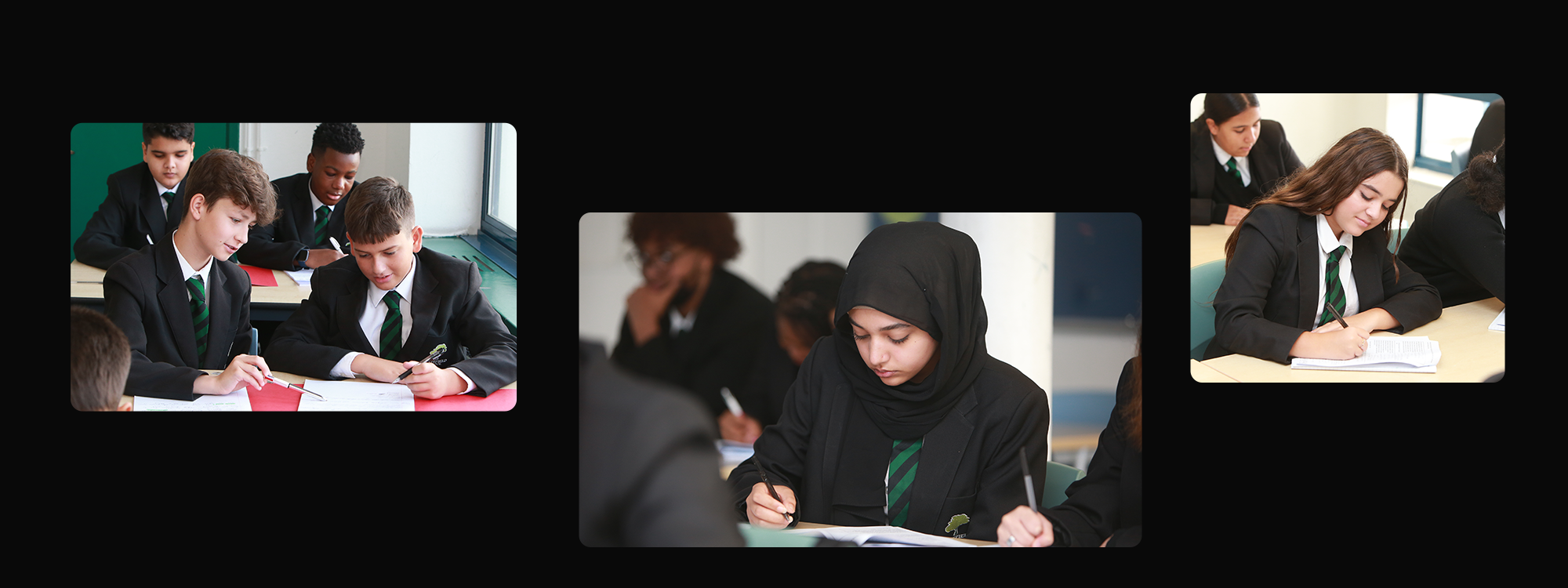- Home
- About Us
- Learning
- English Curriculum Overview
“One of the hardest things in life is having words in your heart that you can’t utter”
James Earl Jones
The English department at Whitefield School fosters and develops students' love of language, creating clear, accurate communicators who confidently express opinions and ideas. Students study a range of challenging texts from across the English literary canon (e.g Shakespeare, Dickens and Rossetti) and other diverse backgrounds. Students learn key analysis and evaluative skills as they critically examine the texts and the contexts in which they were written.
Students in all key stages are offered the chance to become effective writers through the exploration of ambitious and enriching concepts, including correct syntax, punctuation and grammar. Each year, students learn the key creative skills needed to write fictional, imaginative pieces and non-fiction transactional pieces.
At A-level, students engage with in-depth critical thinking on themes introduced across a range of texts, developing analytical and evaluative skills learnt in previous years. In conjunction with this, students are given deeper insight into contexts, as well as being introduced to a range of philosophers and critics, allowing for a more perceptive view of the works.
Implementation
-
Large collaborative department plan which devises and reviews schemes of learning.
-
Continuous cycle of revisions, amendments and updates - informed by our context and pedagogical research.
-
Curriculum journey developed to teach effective communication.
-
We teach reading, writing and spoken presentation structures each year through a range of texts (fiction and non-fiction) with increasing complexity - to build up knowledge.
-
Teaching across all key stages will enable pupils to explore a range of concepts as it relates to real life, philosophical, cultural and social situations. With a diverse range of texts and past papers.
-
Learners are assessed at the end of a topic.
Impact
-
Read a variety of different kinds of texts; both fiction and non-fiction.
-
They will also be fluent readers and confident writers and should be able to clearly express their opinion on a range of topics.
-
GCSE learners, in particular, will become critical thinkers who are able to analyse language and the structure of writing in detail.
-
Quality of student work.




